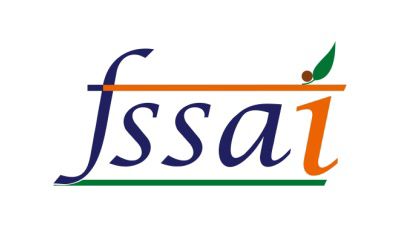Starting a cloud kitchen business requires compliance with food safety regulations to ensure public health and customer trust. The FSSAI license is mandatory for all food business operators in India, including cloud kitchens, to legally operate and maintain quality standards.
What are cloud kitchens?
Cloud kitchens, also known as ghost kitchens or virtual kitchens, are commercial cooking spaces that prepare food exclusively for delivery or takeaway. They do not have dine-in facilities and primarily rely on online food delivery platforms. As part of planning your cloud kitchen, it’s a good idea to check your business loan eligibility to ensure you’re financially prepared for setup costs.
Types of FSSAI licenses for cloud kitchens
Cloud kitchens must obtain the appropriate FSSAI Licence based on their scale and operational capacity. Types include:
- Basic registration: For small food businesses with an annual turnover below Rs. 12 lakhs.
- State license: For medium-sized cloud kitchens with turnover between Rs. 12 lakhs and Rs. 20 crores.
- Central license: For large-scale operations with turnover exceeding Rs. 20 crores or operating in multiple states.
Reasons to obtain an FSSAI licence for cloud kitchens
Obtaining an FSSAI license ensures:
- Legal compliance with food safety standards.
- Customer confidence in food quality and hygiene.
- Eligibility to list on food delivery apps.
- Protection against legal penalties and fines.
Documents required for FSSAI registration of a cloud kitchen
For FSSAI registration, the following documents are essential:
- Identity proof and address proof of the owner.
- Proof of kitchen address (rental agreement or ownership documents).
- Food safety management plan.
- Passport-sized photographs.
- GST or GST registration certificate.
- MOA and AOA for companies.
- Partnership deed for partnership firms.
- Details of partnership, if applicable.
Eligibility criteria for cloud kitchens to acquire an FSSAI license
Eligibility includes:
- Having a registered food business with proof of premises.
- Compliance with hygiene and safety norms.
- Qualified personnel managing food preparation.
- Adherence to local regulations concerning food storage and handling.
Step-by-step process to get FSSAI license for cloud kitchen
- Determine the type of license based on turnover.
- Collect necessary documents.
- Visit the official FSSAI portal and register.
- Fill out the application form with accurate business details.
- Upload required documents.
- Pay the applicable fees.
- Await verification and inspection (if applicable).
- Receive the FSSAI license certificate.
You may also want to check your pre-approved business loan offer to secure quick funds for licensing, setup, or expansion.
FSSAI license fees for cloud kitchens
| License type | Turnover range | Fee structure |
|---|---|---|
| Basic registration | Up to Rs. 12 lakhs | Rs. 100 - Rs. 500 |
| State license | Rs. 12 lakhs to Rs. 20 crores | Rs. 2,000 - Rs. 5,000 |
| Central license | Above Rs. 20 crores | Rs. 7,500 and above |
*Fees may vary depending on specific state policies.
Penalties for running cloud kitchen without FSSAI license
Operating without an FSSAI license can lead to:
- Heavy fines up to Rs. 5 lakhs.
- Business closure by authorities.
- Legal prosecution and penalties.
- Loss of customer trust and business credibility.
Conclusion
Securing an FSSAI license is essential for cloud kitchens to operate legally and build consumer trust. Proper registration not only ensures compliance but also enhances business prospects. If you need financial assistance to set up or expand your cloud kitchen, consider applying for a business loan to support your venture.















